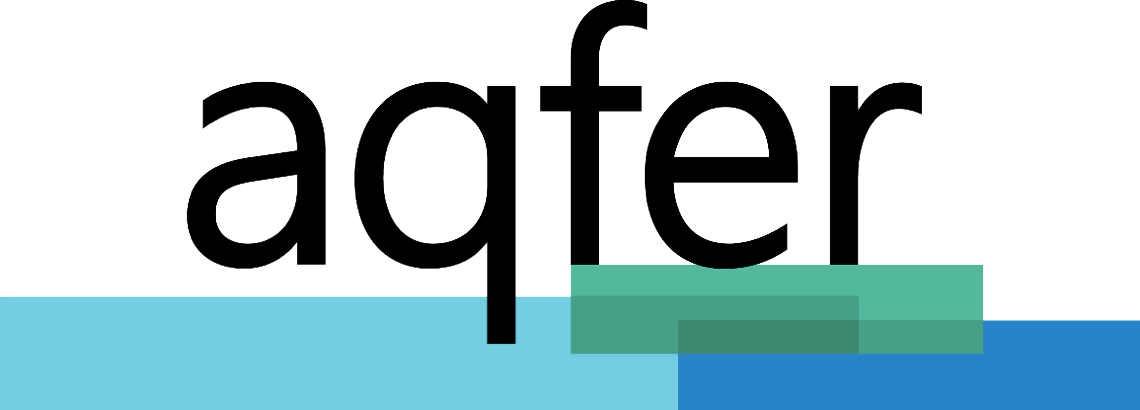Unified ID 2.0
The Trade Desk is a key advocate for Unified ID 2.0, a privacy-focused alternative to third-party cookies for digital advertising. As the industry faces tighter privacy regulations, The Trade Desk promotes Unified ID 2.0 as an open, consent-based identity solution. It aims to preserve targeted advertising's effectiveness while enhancing user privacy, relying on encrypted email addresses as identifiers. By driving adoption across the ad ecosystem, The Trade Desk facilitates a collaborative approach to maintaining an open, user-friendly internet.
Why The Trade Desk + Aqfer
The UID2 framework is a versatile solution facilitating deterministic identity for advertising opportunities on the open internet, catering to diverse participants across the advertising ecosystem. Supporting logged-in experiences on publisher websites, mobile apps, and Connected TV (CTV) apps, UID2 enables effective monetization through programmatic workflows. As an open-source, standalone solution with its unique namespace, UID2 prioritizes user transparency and privacy controls to meet local market requirements. Unified ID 2.0, building upon UID2, utilizes encrypted email and phone number data to establish a privacy-conscious, secure, and accurate identity standard for the digital advertising ecosystem. Offering benefits such as enhanced personalization, targeting, and security, Unified ID 2.0 serves a wide range of use cases for advertisers, publishers, and other stakeholders. This Connector specifically interfaces with the UID2 framework through the POST /identity/map endpoint, designed for mapping multiple email addresses, phone numbers, or their respective hashes to raw UID2s and salt bucket IDs.
